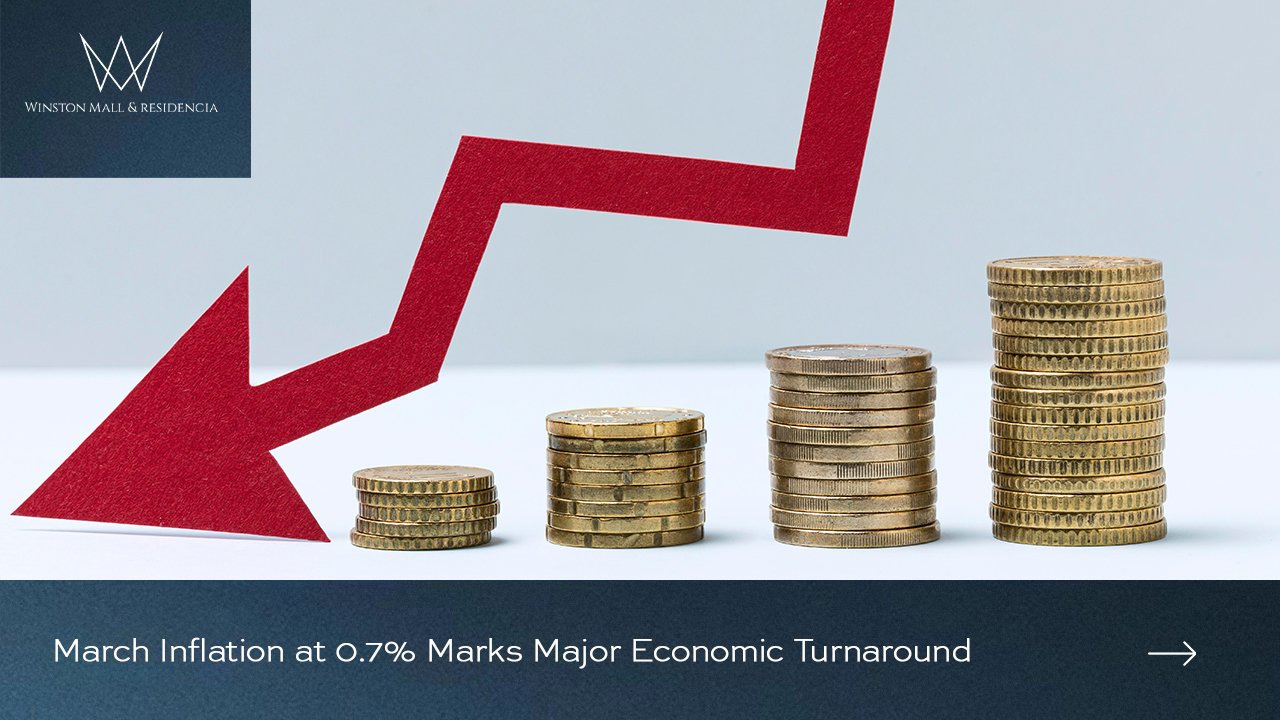In a significant development, the Punjab government has implemented Section 144 across the entire province, citing concerns over the “prevailing law and order situation.” This move, which took effect on Friday, effectively prohibits protests and public gatherings for a period of seven days. The timing of this decision is particularly noteworthy as it coincides with the Pakistan Tehreek-e-Insaf (PTI) party’s announcement of nationwide protests demanding the release of their incarcerated leader, Imran Khan.
The Home Department’s order, obtained by Dawn.com, reveals that Section 144 has been imposed with immediate effect. This measure grants authorities the power to issue orders in the public interest, including the ability to ban specific activities for a set duration. While the order does not explicitly state a reason for the ban, it cites “pressing and adequate grounds” for its implementation.
Secretary Noor Ul Amin Mengal, who issued the order, emphasized that any gathering or assembly could potentially provide “soft targets to terrorists and miscreants.” This, he argues, not only poses serious security threats but also risks disrupting public peace and order, as well as causing inconvenience to the general public.
Read More:- Samsung Galaxy Z Fold 6 Rumored to See Price Hike, Leaked Details Emerge
The scope of the ban is comprehensive, prohibiting a wide range of activities including assemblies, gatherings, sit-ins, rallies, processions, demonstrations, jalsas, dharnas, and protests. This sweeping prohibition has raised concerns among opposition parties and civil society activists about potential restrictions on freedom of assembly and expression.
The PTI, in particular, has been vocal in its opposition to the ban. The party claims that “multiple illegal police raids” have been conducted on the homes of PTI leaders in Khanewal. They also allege that the office of PTI leader PP-209 Khanewal Humayun Khan was raided and ransacked by police forces. These allegations, if substantiated, could further escalate tensions between the PTI and the provincial government.
In the National Assembly, the Leader of the Opposition, Omar Ayub, strongly condemned the imposition of Section 144. He went so far as to ask NA Deputy Speaker Ghulam Mustafa Shah to rule that the ban constitutes a constitutional violation. This move highlights the growing political divide and the contentious nature of the government’s decision.
PTI spokesperson Raoof Hasan did not mince words in his criticism, labeling the ban as “a shameful act on the part of the entire form 47 criminal government.” This strong language reflects the deep-seated frustrations within the PTI ranks and suggests that the party is unlikely to back down from its planned protests despite the legal obstacles now in place.
As the situation continues to develop, all eyes will be on Punjab to see how strictly the authorities enforce Section 144 and how the PTI and other opposition groups respond to this significant restriction on public gatherings. The coming days are likely to be crucial in determining the trajectory of political discourse and public dissent in Pakistan’s most populous province.
Winston Mall: please contact +92-314-5166334 or visit https://winstonmall.com/




